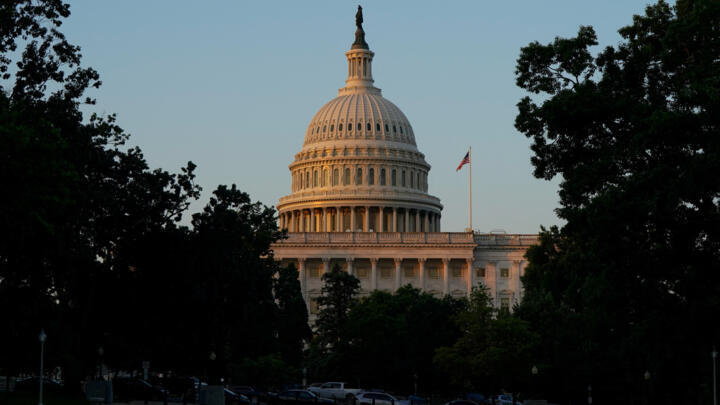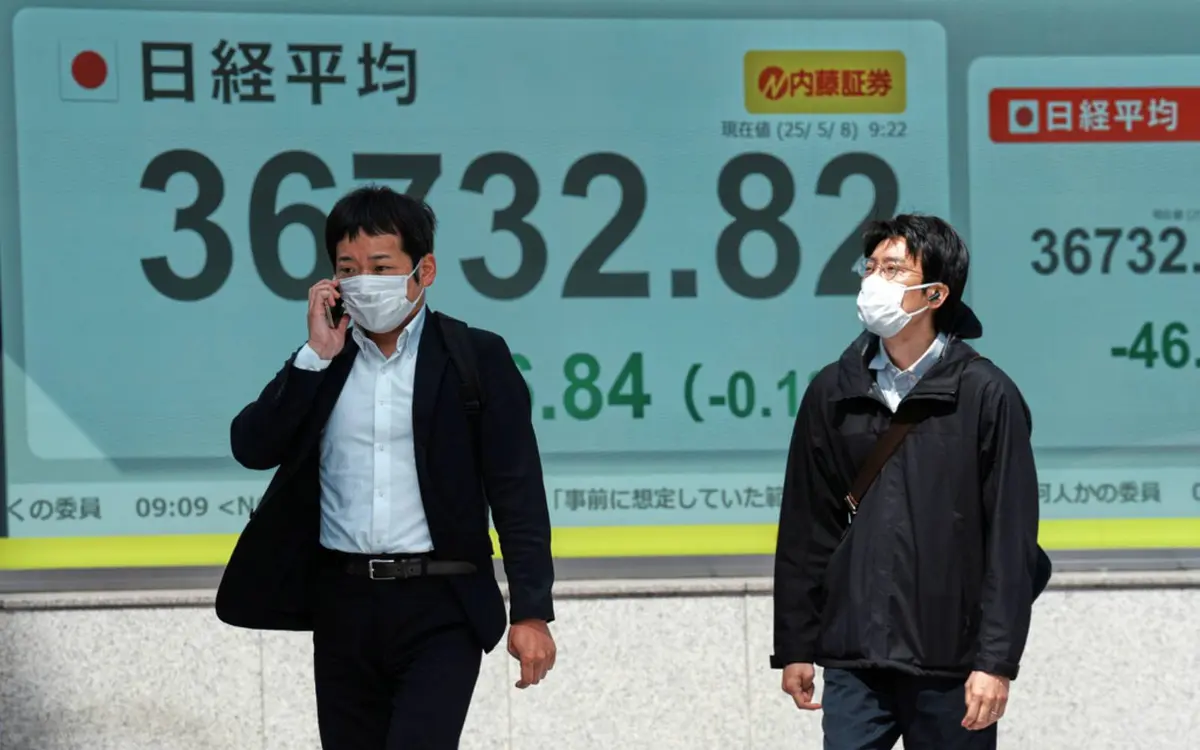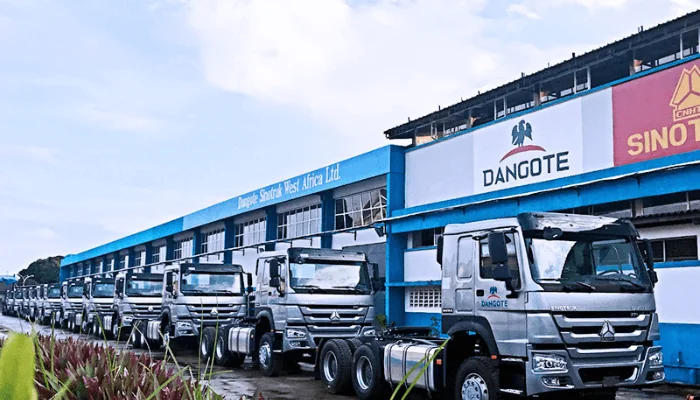Stakeholders have called on government at all levels to deepen their commitment to building resilience in the Micro, Small and Medium Enterprises as the subsector was critical to the economic recovery of the country.
The stakeholders made this call at a national dialogue on the economic impact of COVID-19 and assessment of national, state recovery plans and policy options held in Abuja on Tuesday.
The programme was organised by Gesellschaft für Internationale Zusammenarbeit, a German development agency that facilitates financial assistance to Nigeria.
GIZ had noted that the growth of MSMEs, which currently provide for over 80 per cent of employment and 50 per cent of economic growth, had been constrained by inadequate framework as well as lack of access to financial services.
The Chief Consultant, GIZ, Robert Asogwa, stressed the need for governments at all levels to ensure that intervention programmes met the desired goal through effective monitoring.
According to him, most of the strategies and policies of the government have been centered on financing instruments such as tax waiver, tax deferment among others.
He, however, explained that these interventions may not yield the desired results as they were not structured under a long-term arrangement.
Stakeholders have called on government at all levels to deepen their commitment to building resilience in the Micro, Small and Medium Enterprises as the subsector was critical to the economic recovery of the country.
The stakeholders made this call at a national dialogue on the economic impact of COVID-19 and assessment of national, state recovery plans and policy options held in Abuja on Tuesday.
The programme was organised by Gesellschaft für Internationale Zusammenarbeit, a German development agency that facilitates financial assistance to Nigeria.
GIZ had noted that the growth of MSMEs, which currently provide for over 80 per cent of employment and 50 per cent of economic growth, had been constrained by inadequate framework as well as lack of access to financial services.
The Chief Consultant, GIZ, Robert Asogwa, stressed the need for governments at all levels to ensure that intervention programmes met the desired goal through effective monitoring.
According to him, most of the strategies and policies of the government have been centered on financing instruments such as tax waiver, tax deferment among others.
Copyright TRUSTAFRICA NEWS.
All rights reserved. This material, and other digital content on this website, may not be reproduced, published, broadcast, rewritten or redistributed in whole or in part without prior express written permission from TRUSTAFRICA NEWS.
Contact: hello@trustafricanews.com.ng










